Planning a family trip to South Africa can feel overwhelming at first. The country spans multiple time zones, offers everything from bustling cities to remote wilderness areas, and has its own unique quirks that catch many visitors off guard. But here’s the thing about South Africa—it’s actually one of the most family-friendly destinations on the planet once you know the ropes.
The key is understanding how things work there and preparing for the little details that can make or break your family vacation. Here’s a list of 15 practical tips that will help you navigate South Africa with kids and actually enjoy every moment of your adventure.
Pack Light Layers

South Africa’s weather can change faster than your toddler’s mood. The country sits in the Southern Hemisphere, so seasons are flipped from what North Americans expect. Summer runs from December to February, while winter spans June to August. Even within a single day, temperatures can swing dramatically—think 40°F mornings turning into 80°F afternoons. Your best bet is packing clothes that layer easily, like lightweight jackets, cardigans, and long pants that kids can roll up or down as needed.
Learn Basic Afrikaans Phrases

While English is widely spoken, learning a few Afrikaans words will make your family instant favorites with locals. Start with ‘dankie’ (thank you), ‘baie dankie’ (thank you very much), and ‘totsiens’ (goodbye). Kids especially love showing off these new words, and South Africans absolutely light up when they hear visitors making an effort. It’s like having a secret code that opens doors and creates smiles wherever you go.
Embrace the Braai Culture
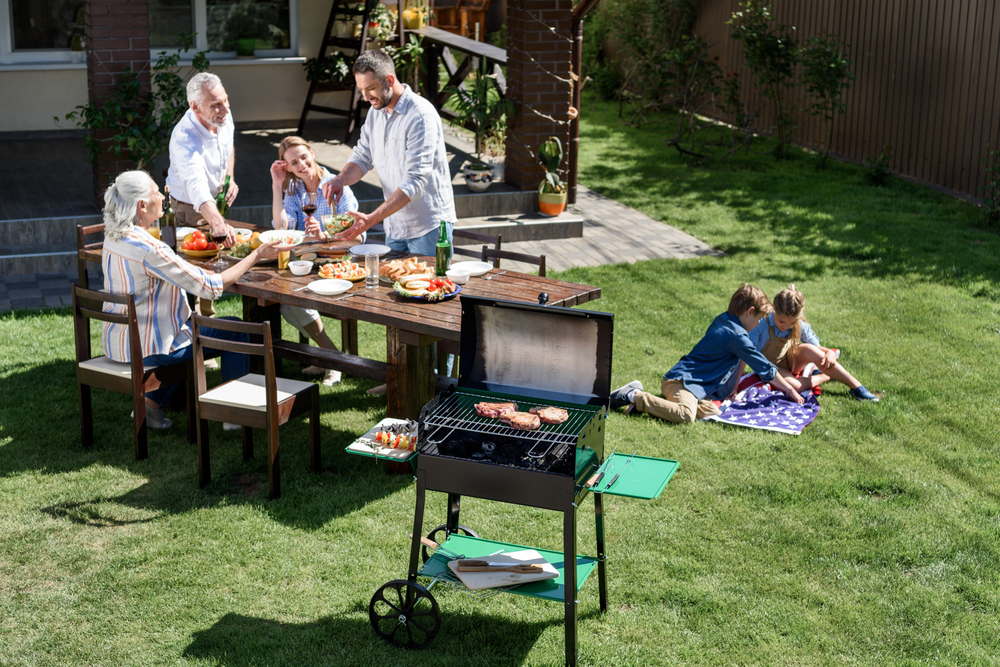
Forget everything you think you know about barbecuing—South Africans take their braai (pronounced ‘bry’) seriously, and it’s way more than just grilling meat. It’s a social event, a family tradition, and practically a religious experience all rolled into one. Many accommodations offer braai facilities, so grab some boerewors (traditional sausage) and let the kids help with the cooking. Just remember that gas grills are for rarely used—real braais use wood or charcoal, and the slower, the better.
Download Offline Maps
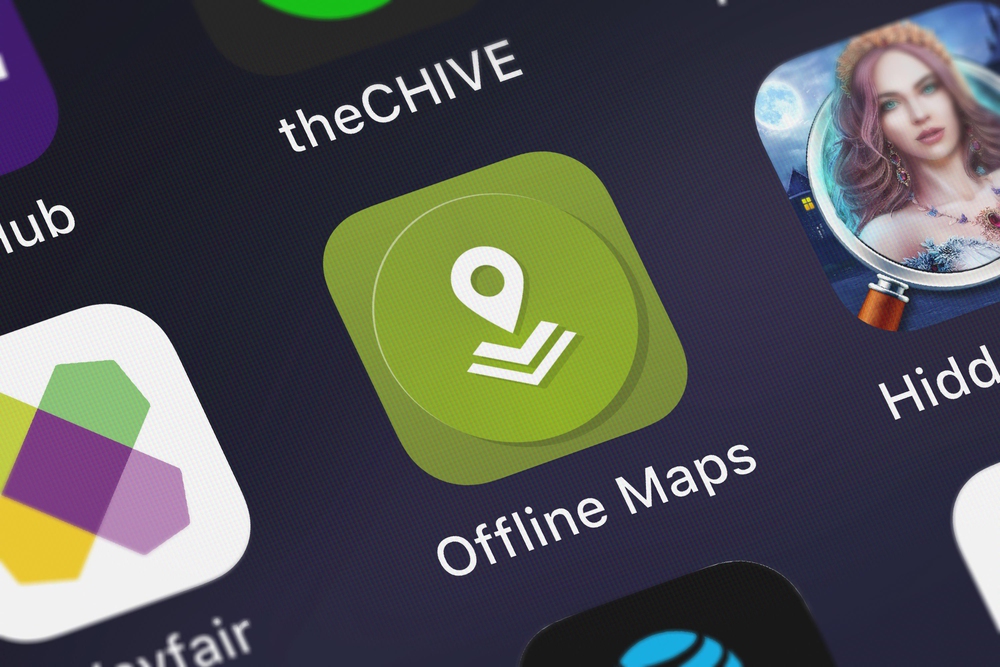
Cell service in South Africa can be spotty, especially when you’re heading to game reserves or coastal areas. Download offline maps to your phone before you leave home, and always have a backup paper map in your rental car. This isn’t just about convenience—it’s about safety when you’re traveling with kids. Getting lost in unfamiliar territory with hungry, tired children is nobody’s idea of a good time.
Carry Cash for Tips

Tipping culture in South Africa is generous and expected in most service situations. Restaurant servers typically receive 15–20% of your bill, while hotel housekeeping staff appreciate small daily tips. Gas station attendants (yes, someone pumps your gas for you!) usually get a few rand, and parking attendants who watch your car deserve a tip too. Keep small bills handy because these folks work hard and often depend on tips to make ends meet.
Book Game Drives Early
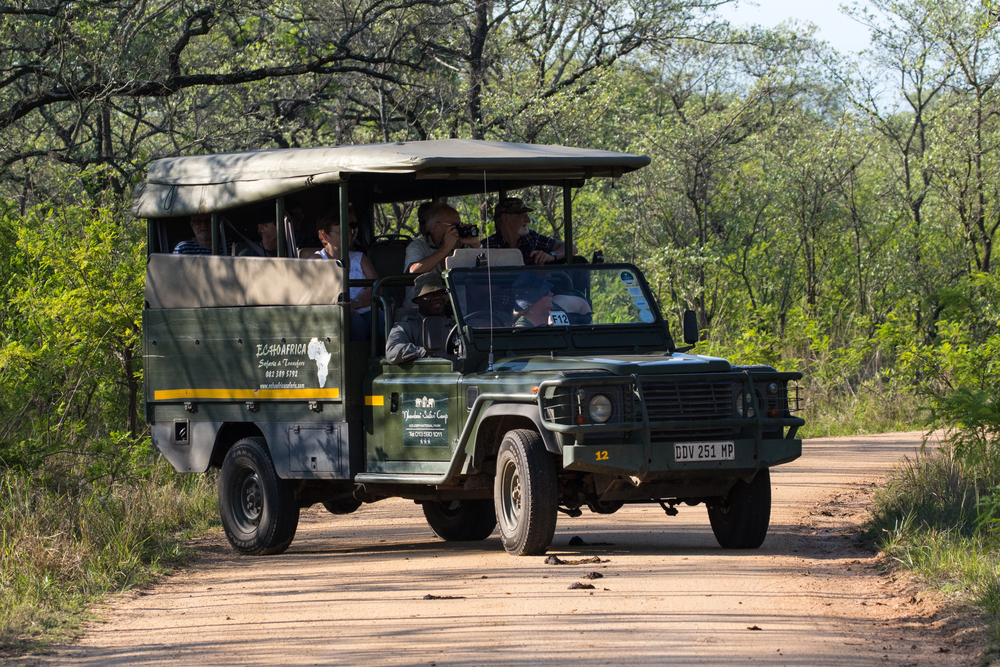
— Photo by leiing
Wildlife viewing is probably high on your family’s South Africa bucket list, but popular game reserves fill up fast. Book your game drives as soon as you finalize your travel dates, not when you arrive. Morning drives often offer the best animal viewing since many species are most active during cooler hours. Evening drives can be magical too, but they might run past young children’s bedtimes—something to consider when planning your safari schedule.
Pack Your Own Snacks
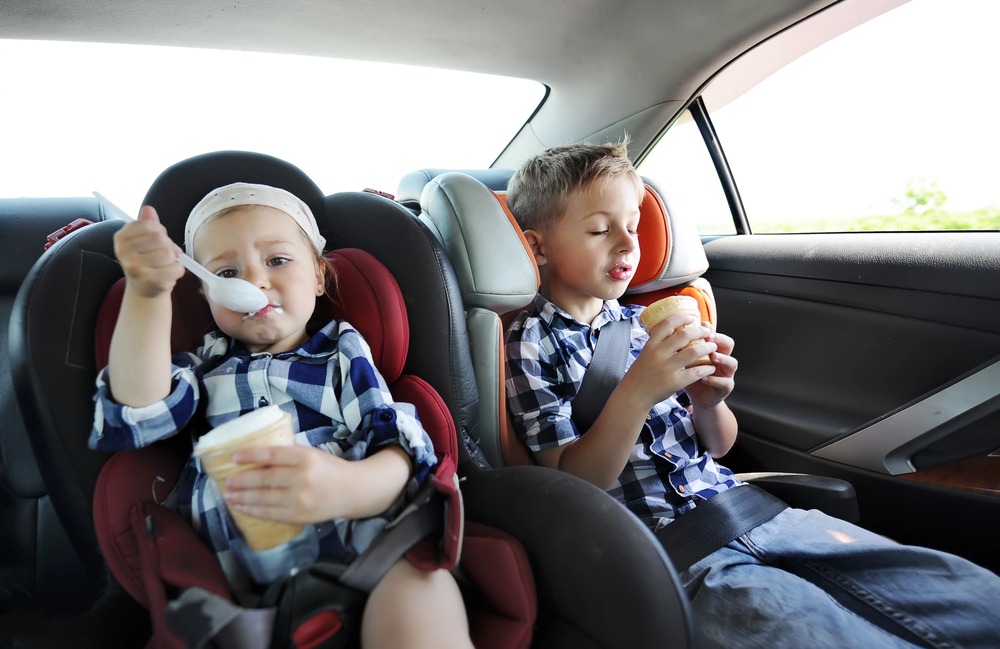
South African convenience stores and supermarkets offer plenty of snack options, but familiar favorites might be hard to find or cost way more than expected. Pack non-perishable snacks your kids already love, especially for long car rides between destinations. Think granola bars, crackers, and dried fruit that won’t spoil in hot weather. This also gives you backup options when kids inevitably reject the local cuisine you’re excited to try.
Understand Load Shedding
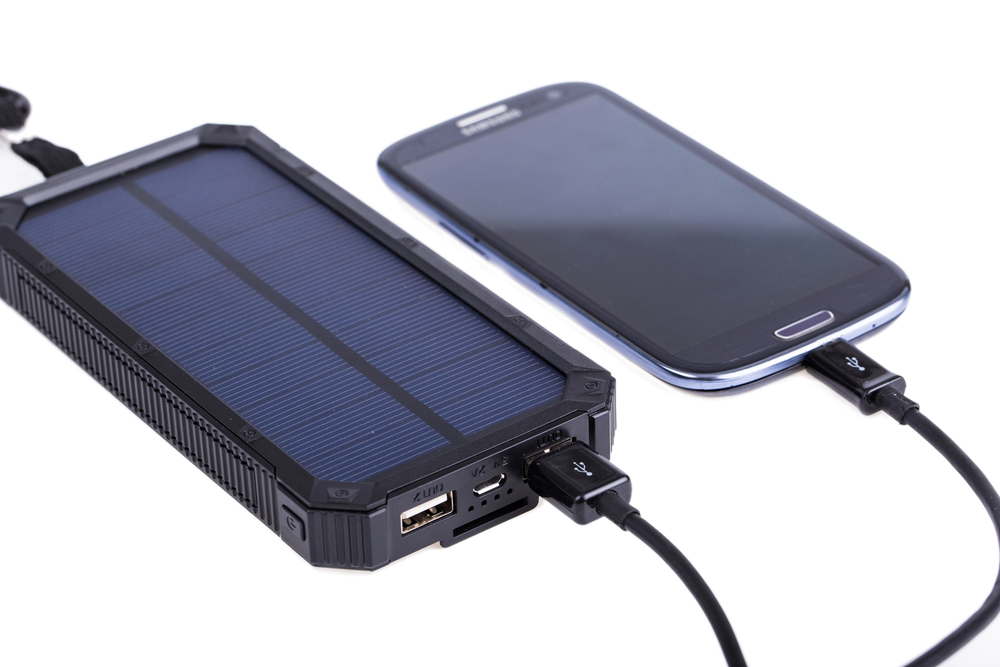
Load shedding is South Africa’s planned power outages, and they happen regularly across the country. Don’t panic—it’s not a crisis, just part of daily life there. These outages usually last 2–4 hours and follow a predictable schedule that you can check online. Charge all your devices when power is on, and consider packing a portable battery pack for phones and tablets. Many hotels and restaurants have backup generators, so you won’t be completely in the dark.
Choose Family-Friendly Accommodations

South African hospitality is legendary, but not all lodges and hotels cater to families with young children. Look for places that specifically mention family amenities like connecting rooms, cribs, high chairs, and child-friendly meal options. Some safari lodges have minimum age requirements for game drives, while others offer special family programs. Do your homework before booking to avoid disappointment later.
Plan for Jet Lag

The time difference between South Africa and North America ranges from 7–9 hours depending on your departure city. Kids often struggle more with jet lag than adults, so build recovery time into your itinerary. Consider arriving a day or two before any major activities like safari drives or long road trips. Light exposure helps reset internal clocks, so encourage outdoor play during South African daylight hours even if kids feel tired.
Respect Sun Safety

The African sun is no joke, especially for fair-skinned families. UV levels are intense year-round, and sunburn can happen faster than you think. Pack high-SPF sunscreen, wide-brimmed hats, and UV-protective clothing for everyone. Apply sunscreen 30 minutes before going outside, and reapply every two hours or after swimming. Many South African pharmacies sell excellent local sunscreen brands that are less expensive than importing your usual products.
Learn About Local Customs

South Africans are generally warm and welcoming, but cultural awareness goes a long way. Handshakes are standard greetings, and removing shoes when entering homes is often expected. Many South Africans are deeply religious, so be respectful during Sunday church services or Islamic prayer times. Teaching kids to be polite and curious rather than intrusive helps create positive interactions with locals throughout your trip.
Try Local Transportation
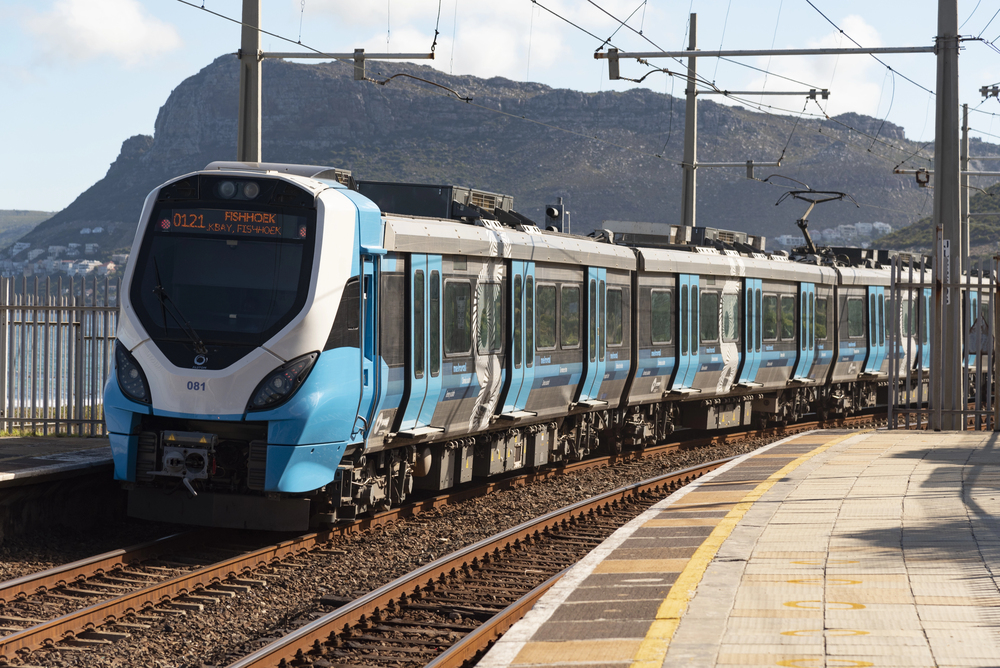
— Photo by petertt
Rental cars give you the most flexibility for family travel, but don’t miss out on uniquely South African transportation experiences. The Cape Town cable car offers spectacular views, while the Blue Train provides luxury rail travel between major cities. Some areas have hop-on-hop-off bus tours that let kids see sights without the stress of driving in unfamiliar territory. Just remember that public transportation schedules can be unpredictable, so build extra time into your plans.
Visit Local Markets
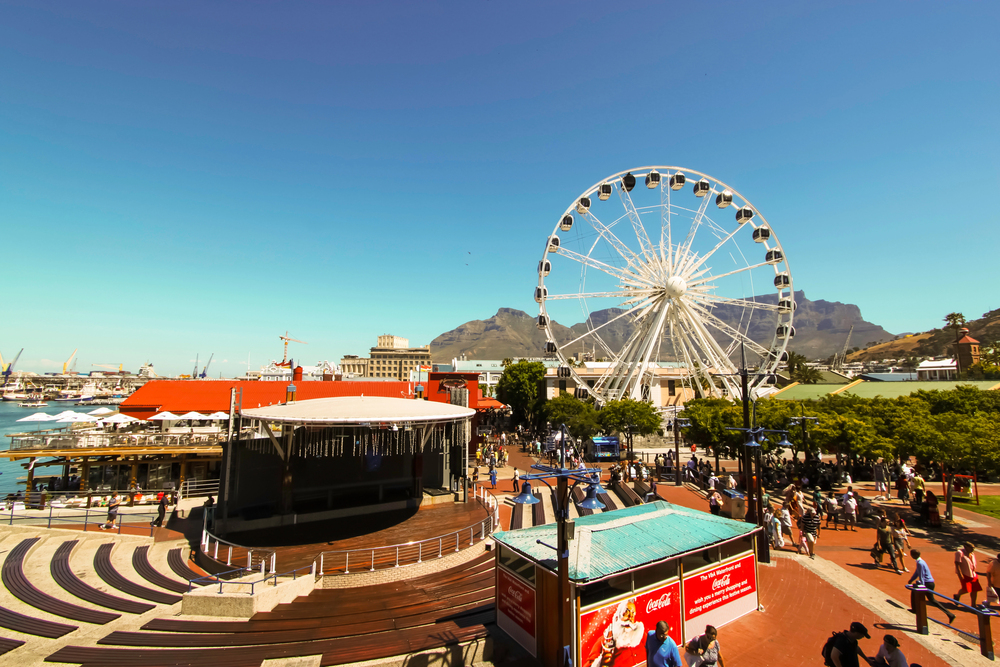
— Photo by juliachan
South African markets are sensory adventures that kids absolutely love. The V&A Waterfront in Cape Town, Neighborhoods Market in Johannesburg, and beachfront markets in Durban offer everything from local crafts to street food. These markets let families experience authentic South African culture without the formality of restaurants or tourist attractions. Plus, bargaining for souvenirs becomes a fun family activity that teaches kids about different economic systems.
Prepare for Wildlife Encounters
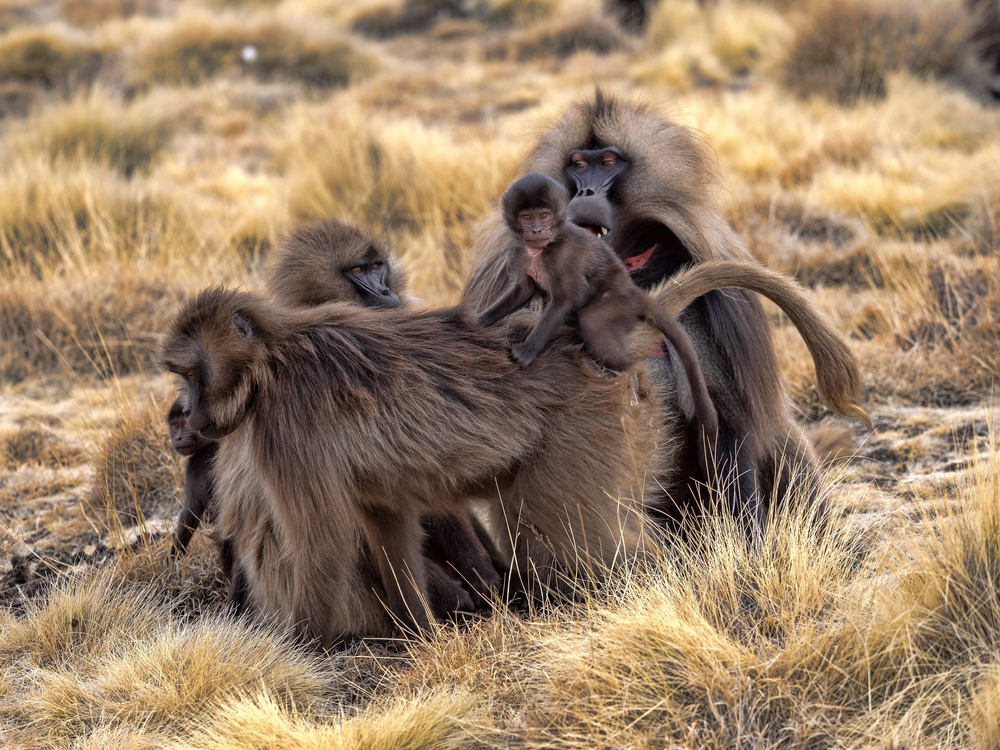
South Africa’s wildlife extends far beyond game reserves. Baboons are common near Cape Town and can be aggressive if they associate humans with food. Never feed wild animals, and keep car windows closed in baboon areas. Penguins at Boulders Beach are adorable but will bite if cornered. Even in cities, you might encounter monkeys, ostriches, or other animals. Teach kids to admire wildlife from a respectful distance and never attempt to touch or feed any wild creatures.
The Rainbow Nation Lives On
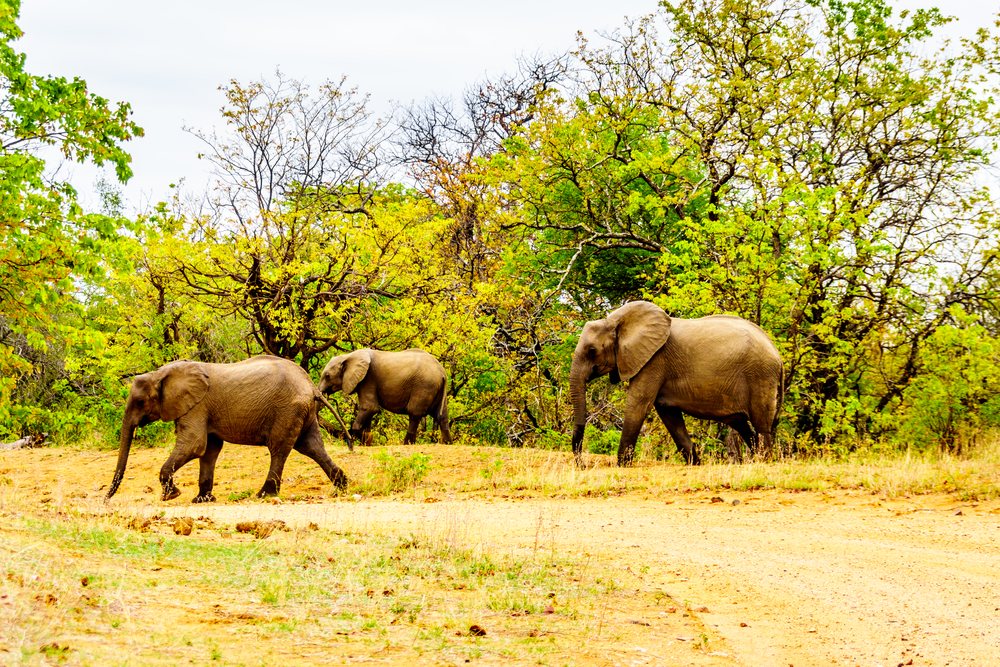
South Africa earned its ‘Rainbow Nation’ nickname for good reason—this country offers an incredible blend of cultures, landscapes, and experiences that create lasting family memories. From watching elephants roam free in Kruger National Park to exploring colorful Bo-Kaap neighborhoods in Cape Town, every day brings new adventures. The warmth of South African people, combined with the country’s stunning natural beauty and rich history, creates travel experiences that kids will remember long into adulthood. Most importantly, South Africa teaches families that the world is both bigger and smaller than they imagined—bigger in its diversity and wonder, smaller in how quickly strangers become friends when you approach them with open hearts and curious minds.
More from Travel Pug

- 20 Best Beach Towns in the Carolinas
- 13 Destinations Where Tourists Regularly Regret Their Trip
- 20 Things You Actually Get in First Class
- 20 Small Airports With Aviation Museums
- 20 Places in the U.S. That Are Perfect for a Reset Trip
Like Travel Pug’s content? Follow us on MSN.
